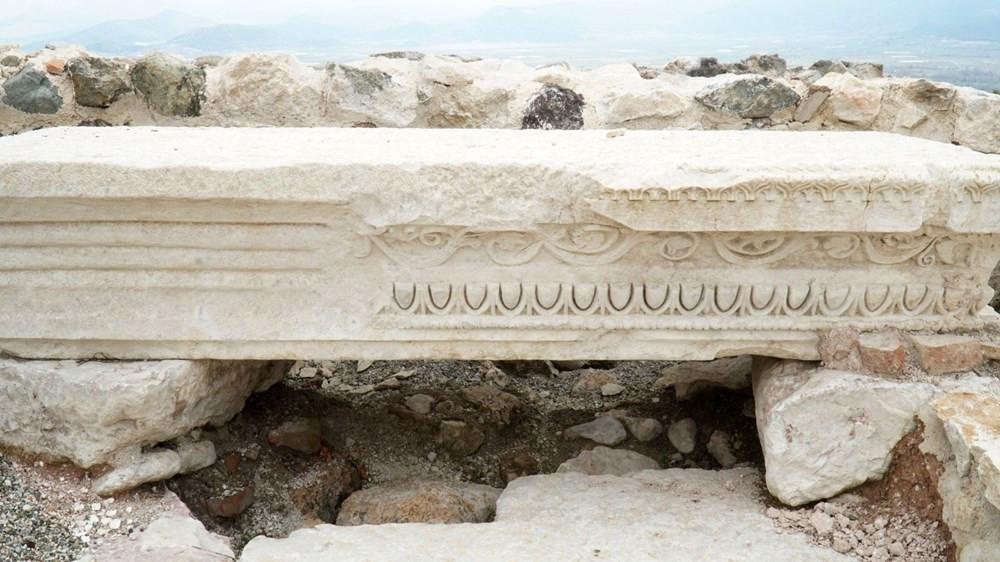
Thirty graves, many of which are believed to have belonged to the important clergy of the city at that time, have been unearthed in a basilica-planned church in the ancient city of Kibyra in the Gölhisar district of the southern province of Burdur.
One of the excavation team members, Düzgün Tarkan stated that works continue to determine to whom the graves belonged. “Our goal is to excavate this building in the next two years, to start the restoration and to bring this important building in tourism.”
Kibyra is on the UNESCO World Heritage Tentative List and an important ancient city in modern day Turkey. Archaeological excavations started in 2019 in the basilic-planned church structure in the ancient city. Approximately 30 graves, which are believed to have been the graves of important religious people of the city at that time, have been unearthed inside the church.
Stating that the city had many important public buildings, Tarkan said, “It is one of the important ancient cities of Turkey with many important buildings from the 4th century B.C. to the 7 and 8th century A.D. Excavations show that the church building was used for meetings. Most of these graves were used by the Christian community living in Kibyra after the church was destroyed by an earthquake or other natural disasters.”
Emphasizing that the building is quite large and is a rectangular building divided into three halls with two rows of columns, Tarkan said, “The Kibyra basilica is a well-preserved building with very monumental dimensions. As of this year, we are planning to start excavations in the interior. We plan to complete the excavation work in the building in two excavation seasons. It is an important building in terms of documenting the religious transformation of the city.”